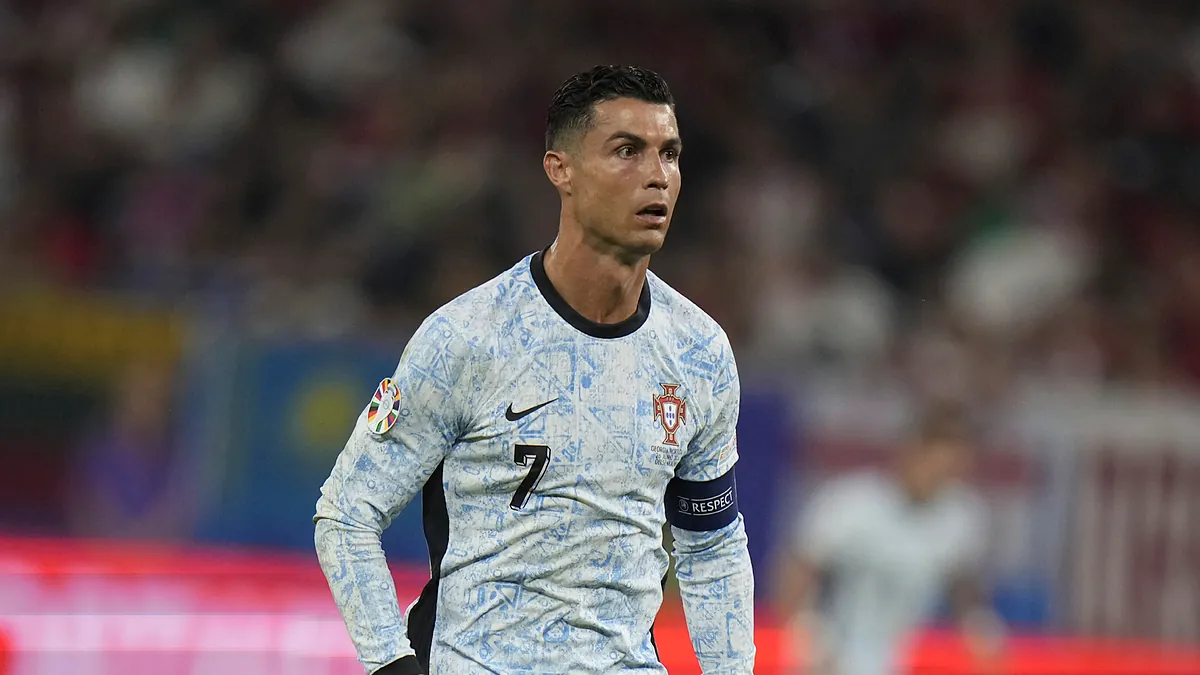

Cristiano Ronaldo‘s monumental wage package at Al Nassr, rumoured to be worth approximately $245 million per year, has intensified familiar grievances about the UFC’s compensation model.
Amid this disparity, fans have taken aim at UFC president Dana White, citing his lavish gambling losses and calling for fighters to be better rewarded.
In contrast to Ronaldo‘s earnings, the entire UFC roster is estimated to collectively earn around $218 million annually.
This is despite the organisation bringing in roughly $1.4 billion in revenue last fiscal year, underscoring that even the highest-paid fighters could struggle to match the earnings of one top-tier soccer star
Fans weigh in on pay gap and gambling habits
Online fan reactions quickly surfaced:
“UFC Fighters should earn more. Theyre not paid enough.”
“Dana loses more per night gambling than most fighters see in a year.”
“For the people who are talking about how much fighters get paid… How many soccer games per year does Ronaldo play and how many fights per year does the average fighter have? Just something to think abou.t”
“Dana probably spends more on a one week vacation than he pays a majority of his fighters. It’s completely unfair. These athletes risk their lives in the octagon and get paid pennies up until they are a champ on a dominant streak. It’s sad.”
These voices reflect a broader movement: MMA fans are increasingly critical of the UFC‘s financial distribution and White’s personal extravagance.
Ronaldo‘s Al Nassr deal now spans two years, staying with the team until 2027, and incorporates a blend of guaranteed salary, signing bonuses, a personal jet, a 15 percent equity stake in the club, and lucrative auxiliary sponsorships from Saudi enterprises.
In sharp contrast, UFC fighters frequently rely on win bonuses, performance awards, and pay-per-view incentives, systems many argue lack transparency and provide insecure income.
Implications on the UFC if pay issues aren’t addressed
This public backlash raises important questions about longterm talent retention in MMA. If fighters continue risking their health for comparatively low pay, the UFC may struggle to attract elite athletes.
On the other hand, defenders of the current model argue that UFC fighters are independent contractors with ample opportunity to seek higher contracts elsewhere.
However, given the UFC‘s dominant market position and an apparent absence of a fighters’ union, calls for change are growing louder.
While the raw numbers, $245 million for Ronaldo versus just $218 million combined for the entire UFC roster, provide a dramatic contrast, the root of the debate lies deeper.
Prize fighters risk their lives in the octagon, yet often leave the arena significantly poorer than superstars in other sports.
Until the UFC adjusts its revenue model or fighters unite to form a negotiating body, the gulf between global superstars and MMA competitors may only widen further.
This news was originally published on this post .





Be the first to leave a comment